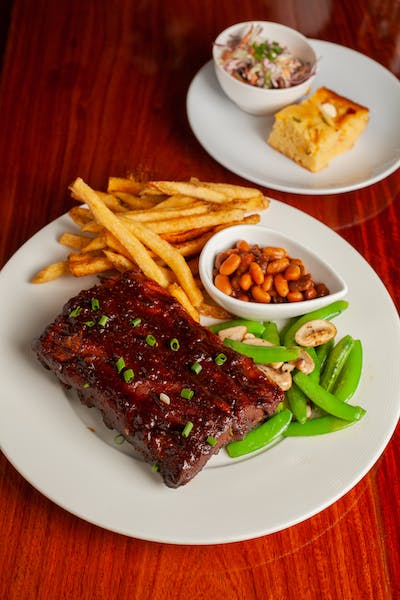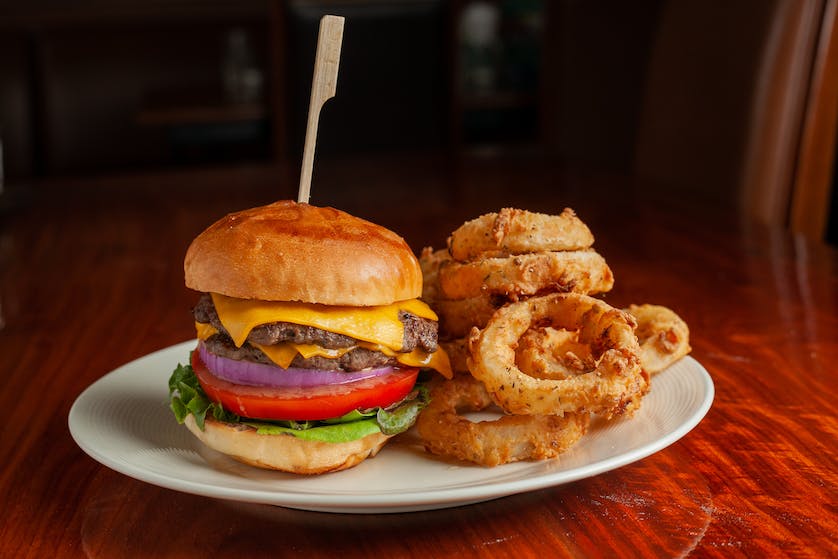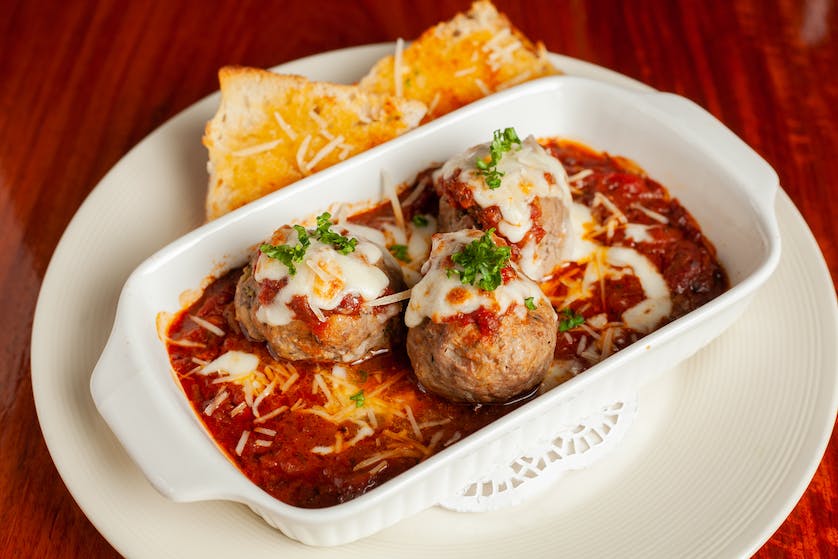It has been a tough time for most of us. Being a city so reliant on tourism, swathes of businesses have been affected and have either shut down, are struggling to survive, or if fortunate, looking towards a new future.
The restaurant industry has been hit particularly hard with the constant shifts and changes in rules and regulations over the past year or so as well as various closures following outbreaks. On top of that there has been the sheer level of the economic slump which has forced many previously-successful restaurants to close down or downsize as their customers no longer have spending power. Thankfully, people still need to eat, and restaurants which have adapted to food delivery or pick up options have survived, even strived at times.
But as the world begins to look towards a post-pandemic future, restaurateurs who are still determined to continue are having to reassess their businesses, making necessary adjustments or changes in practices for an uncertain future.

“At The Duke’s we have a buyer who goes to the market every day to get us fresh vegetables’,” said David Anichowski, owner of The Duke’s, probably one of the most successful restaurants over the past year due to its popularity on various food delivery platforms. “We also buy from other specialty growers like DATT and The Royal Project and have just started to partner with Ori9ens Farm to grow vegetable for us. We would never call ourselves organic just because we use one or two items that are organic. We look for the best possible grade that we can get for the best price. As far as other products Thailand is unique in that it does not have all of the products we need to complement our cuisine. Many of the ingredients we use are imported and we source from many different companies. We are constantly looking around, trying new products to get the best possible products while also looking for a good price.”
Rachaneekorn Chirakul, the owner of Somtam House, newly moved to Jing Jai Market next to Citylife’s new office, agrees, though she adds a caveat, “It has to be fresh; that’s a given. But we have to test and taste everything because even if something that is cited as the best, it may not be suitable for this or that particular dish. We need to taste and experiment. Two produces could be ranked A and B grades, yet the B grade produce may be more suitable for a certain dish. Like a person who wears brand name clothes, it may not suit them and a cheaper item may be better suited. We have to test and taste. This means that we need to have a strong relationship with our produce supplier and not be afraid to turn produce back and insist on what we want.”

Relationships are also very important to Lanna Commins from Huan Soontaree, a Northern Thai restaurant which has been serving 300 seats per night for over two decades. “My mother who founded the restaurant is the one who has built relationships with suppliers. Our cuisine is Northern Thai so in terms of produce, it is all local, obviously,” said Lanna. “We try to find the most local produce that meets our standards. For us its most important to be able to support the locals as much as we can and not get everything from the market, as it’s what our restaurant represents and it is important to go out there and meet suppliers and producers and get to know them well. As we downsize our menu – it was over 100 items, now it’s just 30 – we have been able to focus more on each dish and hence able to give more focus on the ingredients. We have suppliers we have built relationships with for ver decades, even though they move around we still stay loyal to them because they always find us the best ingredients at best prices to meet our standards. Sine we downsized, the freshness of the ingredients are key. Before we always had a surplus, just in case. Now if its finished, its finished. This way our produce stays super fresh and manageable.”

Pim Kankulsuntorn, co-owner of RedBox Restaurant, a home-style fine dining establishment which shot to national fame in 2019 when the Michelin Guide voted RedBox’s chicken satay as one of the top five dishes in the whole of Thailand also says that relationships with farmers and producers is key.
“People often ask why we still go out and source produce ourselves daily,” said Pim. “It is important to know what is in season and what is at its best at any given time. The only way to truly know this is to go out to the farms and see it, taste it. How else are you going to know what new produce there is out there? This is why it is crucial to have a good relationship with farmers. For us, it isn’t just the produce, but it is their passion, dedication, hard work, their story and culture can only enhance our food and the dining experience.”

